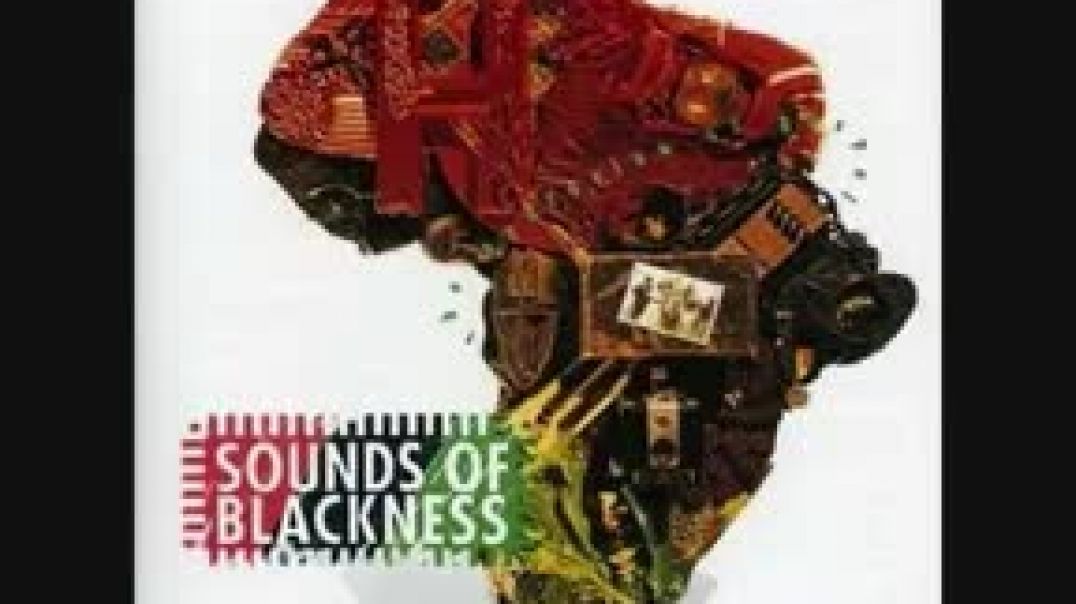Latest videos
Welcome 🙏🏾 to MY Channel. The Blacks across the Diaspora are your cousins Returned... “I have no desire to take all black people back to Africa; there are blacks who are no good here and will likewise be no good there.” - Marcus Garvey
I hope you find this helpful, please engage with me in the comments (a two way conversation is much better than talking to yourself)“If you have no confidence in self, you are twice defeated in the race of life.” - Marcus Garvey
Recommended read:
1. The Post-Racial Negro Green Book https://amzn.to/3oIpD9h
2. The Negro Motorist Green-Book: 1938 Facsimile Edition https://amzn.to/2TFjM6h
“If you have no confidence in self, you are twice defeated in the race of life.” - Marcus Garvey
For Sponsorship Advertisement & Business Enquirers Contact: TIEbyKidist@gmail.com
Vlogging Set-up under $200:
1️⃣ Lavalier Microphones
$20 Lav Mic ➡️ https://amzn.to/3ejW1tN
$50 Deity V.Lav Mic ➡️ https://amzn.to/35UHAss
Smartphone Adapter ➡️ https://amzn.to/2Jv0m29
2️⃣ $46 Softbox Light https://amzn.to/3ekNhUl
3️⃣ $30 Tripod For Smartphone https://amzn.to/325Y6VyOnline Clothing Store:
HOUSEOFTIEBYKIDIST.COM https://teespring.com/stores/t....he-global-green-book
Global Green Book Blog: https://empresskidist.com
Email: globalgreenbook@yahoo.com
Wellness products: https://tiebykidist.itworks.com
Mask: https://amzn.to/3mylXVt
Let’s Interact On:
Instagram: https://instagram.com/empresskidist?r=nametag
Twitter: @EmpressKidist
FaceBook: https://www.facebook.com/TIEbyKIDIST/
Snapchat: TIEbyKidist
To learn more about becoming your own BUsiness Babe, got to: https://tiebykidist.wixsite.com/inspirethemasses
Thank you for watching!I Love 💕 You!v
How much can the informal marketplace teach you about the African economy? Knowledge Management Specialist, Charles Dhewa, threads the link between indigenous knowledge, with its application in the marketplace, and the development of solutions in tackling African challenges. In a talk filled with facts and anecdotes, Charles reminds us that "when we import knowledge at the expense of indigenous knowledge, our major loss is African identity”, and how not all skills can be learnt in a classroom if African countries are to build strong and thriving home-grown economies. Charles Dhewa is the CEO of Knowledge Transfer Africa, which he founded in 2006 after realising that agricultural value chain actors in developing countries needed a knowledge broker to keep reminding them of what they could be forgetting and under-estimating. Working at the intersection of formal and informal agricultural markets in Zimbabwe, his organisation has setup a fluid knowledge and information platform called MKambo which tracks, trends and ensures agricultural value chains are driven by knowledge, technology and innovation. Charles is always clarifying opportunities and influencing policy through his thought leadership blog ‘eMKambo’. This talk was given at a TEDx event using the TED conference format but independently organized by a local community. Learn more at https://www.ted.com/tedx
Vodun
Nterini
🎼you will never know everything everything and I will never know everything everything...🎼🎼
🎼🎼lift up your ead n old it up igh🎼🎼
🎼🎼furahini wote🎼🎼
The Shift
🎼you'll do your best if you learn to never say never you may be down, but you're not out🎼
Song include: Unnecessary begging and No buredi (bread)










